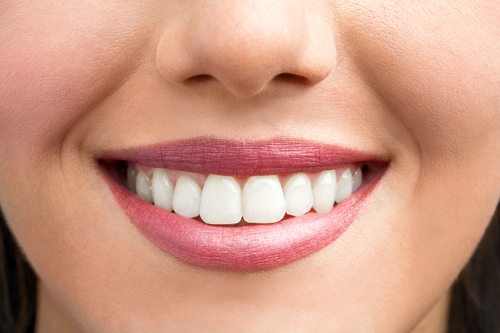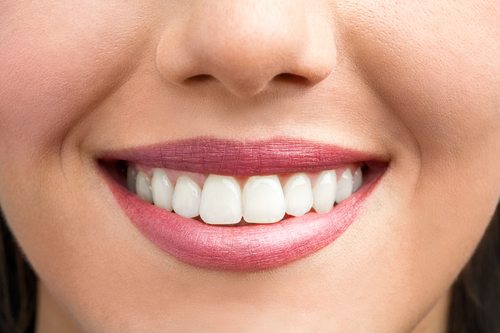If you want to have healthy teeth and gums, it is extremely important to pay sufficient attention to your oral care. People who don’t maintain proper oral hygiene, eat junk foods, and have numerous bad habits also have an increased risk of many oral issues. To prevent their development, we have gathered these six effective tips on how to maintain proper oral health.
1. Brush and floss your teeth thoroughly
Many people tend to brush their teeth once a day while some people don’t even brush their teeth daily. It is extremely important to understand that your mouth is full of bacteria that can lead to the development of tooth decay, gum disease, enamel wear, bad breath, and many other oral issues.
To remove the bacteria from your oral cavity, you need to brush your teeth in the morning before meals and in the evening after meals. It is also important to clean the interdental space from dental plaque and food particles with the help of dental floss. Rinsing your mouth with water or using mouthwashes can also help reduce the number of bacteria in your mouth.
2. Undergo regular teeth cleaning
Teeth cleaning is an in-office procedure during which a dental hygienist cleans your teeth from tartar accumulation and dental plaque. If you have some surface stains on your teeth, they can also be removed during the procedure. It is important to understand that plaque and tartar build-up can not only worsen the appearance of your teeth but also increase your risk of getting gum disease.
3. Eat healthy foods
Maintaining a healthy diet can improve not only your overall health but also the condition of your oral cavity. For example, fruits and vegetables are rich in various vitamins and minerals that can make your teeth and gum stronger. Dairy products and leafy greens are great sources of calcium that is essential for your teeth and bones.
Fatty fish contains vitamin D that helps your body absorb calcium and omega 3 fatty acids that help fight inflammation. Drinking green tea can also help prevent gum disease and reduce the number of bacteria in your mouth. Water can also help flush away the bacteria from your mouth and increase saliva production which is essential for your oral health.
4. Consider fluoride treatment
Fluoride is a naturally occurring mineral that is essential for your teeth since it can help prevent the development of cavities. Moreover, fluoride treatment can even reverse the early stages of tooth decay. During the procedure, your dentist applies high concentration fluoride to your teeth. Moreover, you can get the necessary fluoride from tap water, bottled water, as well as some types of toothpaste and mouthwashes.
5. Get rid of bad habits
There are a lot of bad habits that can affect the condition of your oral cavity. The most common of them include smoking, nail-biting, using your teeth as a tool, having a sweet tooth, teeth grinding, and using wooden toothpicks. For example, smoking can cause bad breath, tooth discoloration, and tartar accumulation which can increase your risk of gum disease.
Nail biting, opening packages with the help of your teeth, and using wooden toothpicks can injure your gums and scratch your tooth enamel. Having a sweet tooth can make you more prone to tooth decay. Teeth grinding can wear out your tooth enamel, make your teeth lose, as well as cause headaches and jaw pain.
6. Visit a dentist twice a year
Regular dental exams are extremely important for your oral health. Even if you don’t experience any toothache, gum bleeding, or other symptoms of oral issues, it doesn’t mean that your teeth and gums are completely healthy. This is because there are a lot of health issues that can develop asymptomatically or cause only mild symptoms. A professional dentist can easily recognize the early signs of many oral issues and perform the proper treatment.

